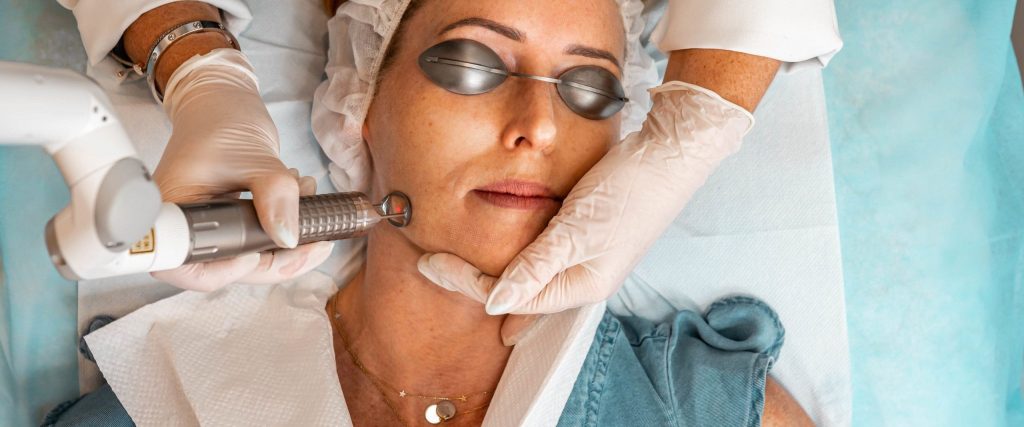Understanding Acne: Causes, Types, And Effective Treatments
2 min read
Acne is a common skin condition that affects individuals of all ages, but it is most prevalent during adolescence. It occurs when hair follicles become clogged with oil, dead skin cells, and bacteria, forming pimples, blackheads, whiteheads, and other blemishes. While acne is often associated with hormonal changes during puberty, several factors contribute to its development. This article will explore the causes, types, and effective acne treatment Dubai.
Causes of acne:
Excess oil production: Increased oil production in the skin, known as sebum, can contribute to acne formation. Hormonal changes during puberty stimulate the sebaceous glands to produce more sebum, making adolescents more prone to acne.
Clogged hair follicles: When the hair follicles become clogged with dead skin cells and sebum, they create an ideal environment for bacteria to thrive. This leads to inflammation and the formation of acne lesions.
Bacteria: Propionibacterium acnes, a type of bacteria that naturally resides on the skin, can exacerbate acne. This bacterium can multiply in clogged hair follicles, causing further inflammation and acne breakouts.
Types of acne:
Whiteheads: Closed comedones that appear as small, flesh-colored bumps on the skin’s surface. They occur when hair follicles are clogged with oil and dead skin cells.
Blackheads: Open comedones characterized by dark or black-colored plugs. The dark color is not due to dirt but is caused by the oxidation of melanin in the clogged hair follicles.
Papules: Small, red bumps that are tender to the touch. They result from inflammation and are a sign that the acne is progressing.
Pustules: Similar to papules but with a white or yellowish center caused by the accumulation of pus. Pustules are often referred to as “pimples” and can be painful.
Effective treatments for acne:
Topical medications: Over-the-counter or prescription topical treatments containing benzoyl peroxide, salicylic acid, or retinoids can help reduce inflammation, unclog pores, and control bacterial growth.
Oral medications: In more severe cases of acne, oral medications, including antibiotics, hormonal treatments (such as oral contraceptives or anti-androgens), or isotretinoin (a powerful medication derived from vitamin A), may be prescribed by a dermatologist.
Professional procedures: Dermatologists can perform various procedures to treat acne, such as chemical peels, microdermabrasion, or light therapy. These treatments help exfoliate the skin, reduce oil production, and kill bacteria.



